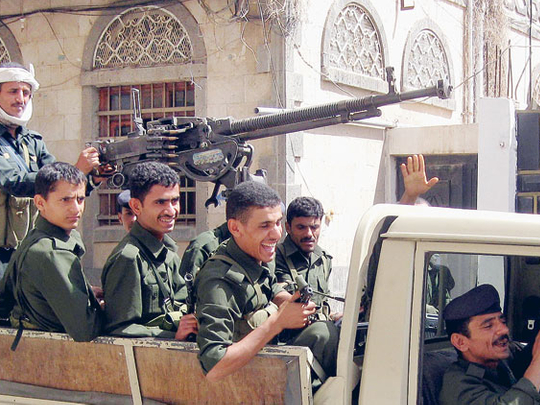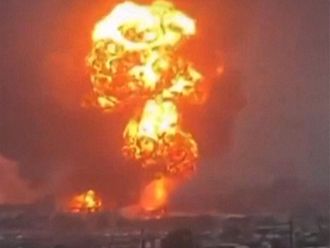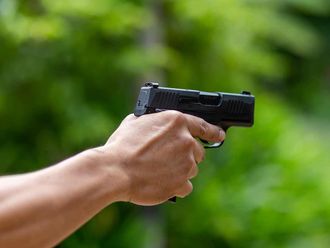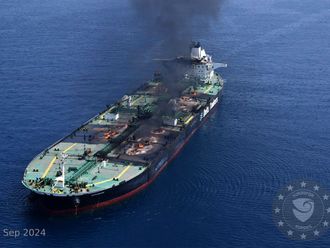
Sana'a: A suspected Al Qaida attack on an intelligence headquarters in south Yemen shows that militants are switching their attention from Western targets to high-profile government installations.
In a bold assault last Saturday, gunmen killed 11 people at the southern regional headquarters of a Yemeni security intelligence agency that has been trying to staunch the country's worst separatist violence in over 15 years.
Yemen blamed Al Qaida for the attack in which gunmen wearing military uniforms raided the headquarters in the port of Aden. If confirmed, it would be Al Qaida's deadliest attack in Yemen since the bombing of the US Navy warship USS Cole in Aden harbour in 2000 that killed 17 sailors.
It would also be one of just a small number of high profile Al Qaida attacks directly targeting Yemen's government, which earlier this year declared war on the group's Yemeni arm after it claimed a failed attack on a US-bound airliner in December.
The United States has been helping Sana'a out in the crackdown, fearing its campaign against Al Qaida in Afghanistan and Pakistan had prompted the group's hub to shift to Yemen.
"Al Qaida now feels under great pressure in Yemen, not only from the Yemenis but also from the United States," said Mustafa Alani of the Gulf Research Centre. "Its members are suffering from a sense of uncertainty and they have become very isolated... This attack was a show of strength.
"They tried to deprive Al Qaida from the safe haven they enjoyed. We are witnessing a major shift here," he added.
Yemen's Western allies and neighbouring Saudi Arabia have long feared a resurgent Al Qaida wing could take advantage of rising insecurity and weak central control to use Yemen as a base for destabilising attacks in the region and beyond.
Assassination attempt
Al Qaida and the Yemeni government have clashed for many years, but the group's high-impact operations have typically focused on Western targets, such as a failed attempt to assassinate the British envoy to Sana'a in April.
An Al Qaida attack on the US embassy in Sana'a in 2008 killed 16 people, including six attackers.
Last year, an Al Qaida suicide bomber tried to kill Saudi Prince Mohammad Bin Nayef, who headed an anti-terrorism campaign that derailed militant efforts to destabilise the kingdom between 2003 and 2006. Al Qaida later regrouped in Yemen.
This month, Yemen's army shelled militant targets and fought gun battles in the Al Qaida stronghold of Wadi Obeida in the Ma'arib province that is home to much of the country's oil resources.
Infuriated by battles
Tensions in Ma'arib have been high since its deputy governor, who was mediating between the authorities and Al Qaida, was killed in May in an errant air strike on the militant group.
The recent battles infuriated Al Qaida. A day before the Aden attack, Al Qaida's Yemen-based regional branch threatened to respond to the state crackdown, calling on local tribesmen to take up arms against the government.
"God willing, we will set the ground on fire beneath the tyrant infidels of [President] Ali Saleh's regime and his American collaborators," the group said in a statement.
Clash: Police make arrests after attack on building
Yemeni police clashed with suspected Al Qaida militants in the southern city of Aden early yesterday, arresting several, as they searched for a group that had attacked an intelligence building, a security official said.
The official said clashes broke out during a house-to-house search in the Sa'ada district of the southern port city, launched in an attempt to arrest militants behind the attack on the city's intelligence headquarters that killed 11 people last Saturday.
"Some suspects were arrested," said the official, declining to give more details. Yemen has blamed Al Qaida's wing in the impoverished country for the attack in which militants wearing military uniforms raided the intelligence police building, killing seven security officers, three women and a seven-year-old boy, and freeing several detainees.












